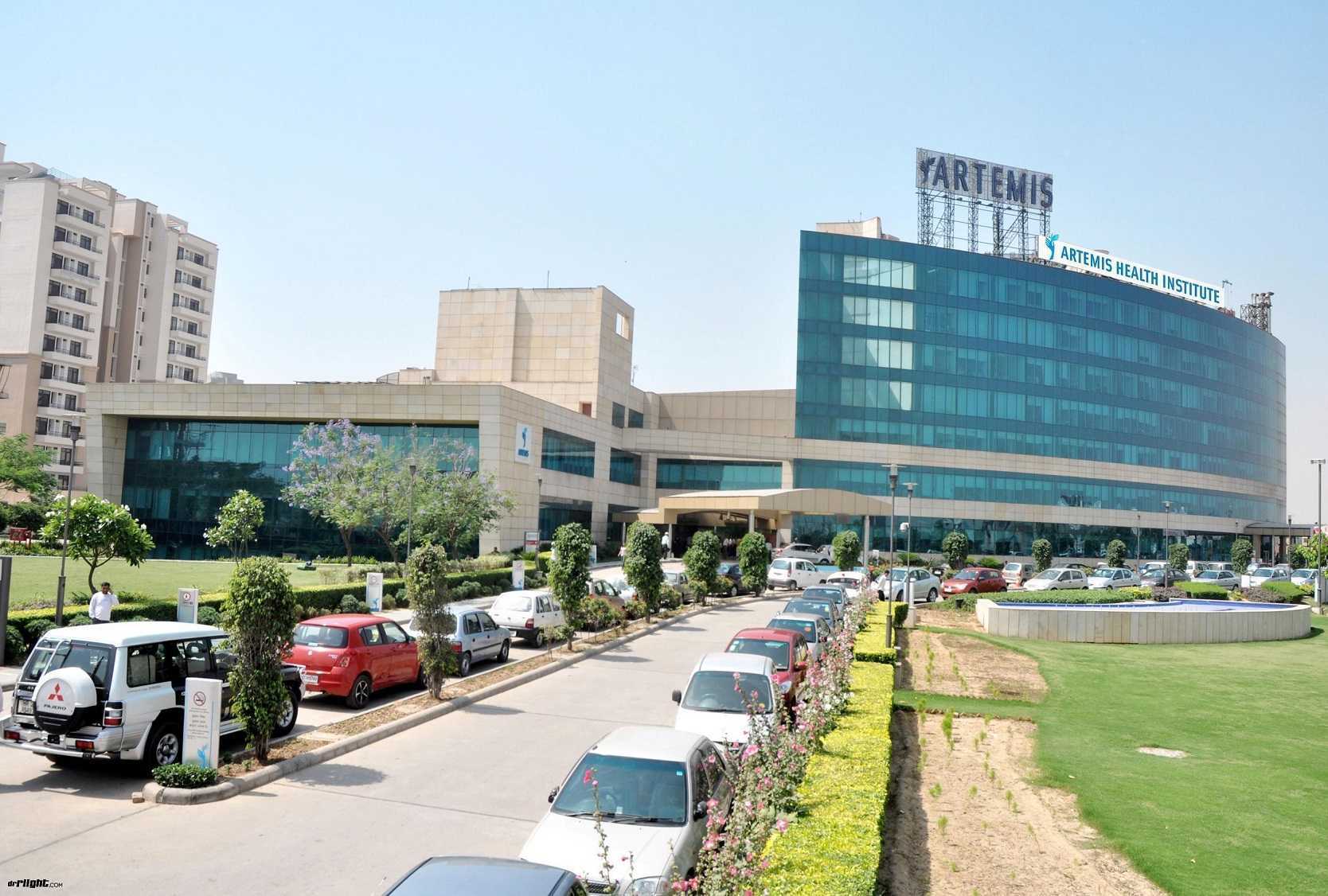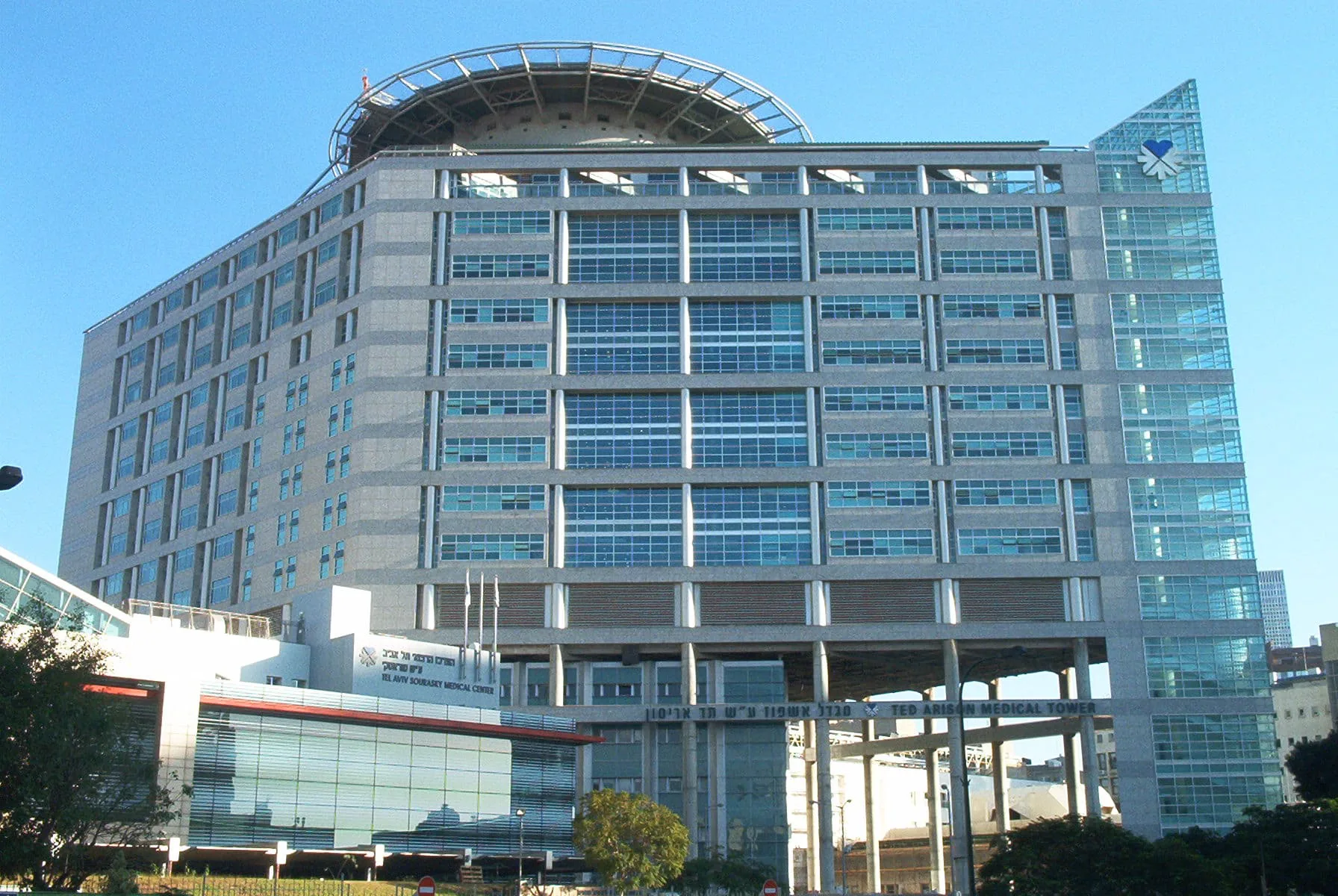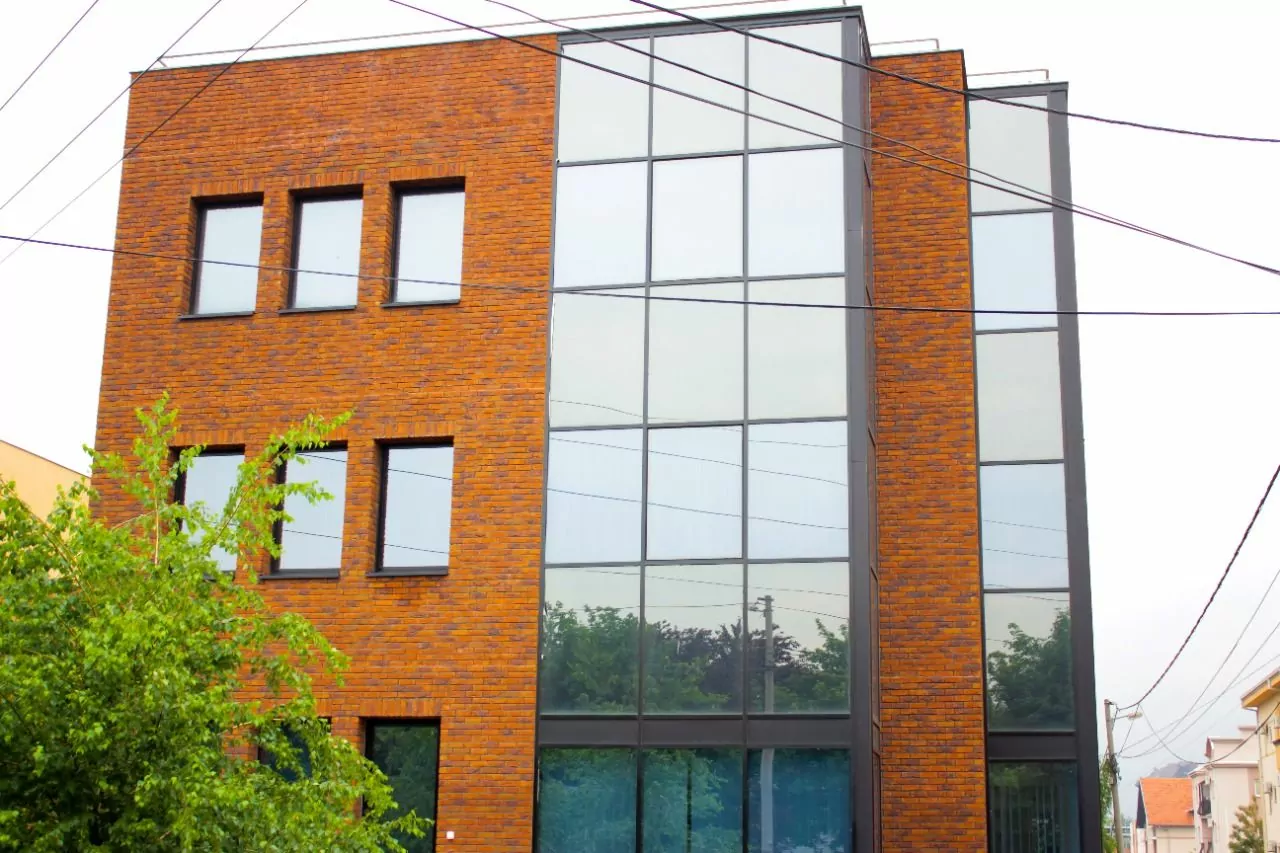What Is Rheumatoid Arthritis?
Rheumatoid arthritis – pathology provoking joint inflammation. Sometimes, the disease affects other systems and organs, particularly, blood vessels, skin, etc.
Pathology has an autoimmune character – the immune system identifies healthy cells as hostile, and begins to disable them. In rheumatoid arthritis, a significant blow falls on the mucous membrane covering joints. It causes severe swelling. Progressive pathology leads to joint deformity and bone erosion.
Rheumatoid arthritis causes
Researchers haven’t identified the exact clinical roots of this pathology. Nevertheless, in medical circles they concluded that rheumatoid arthritis may be caused by a combination of certain genetic, natural, and hormonal factors. Potential risks include the following:
- smoking;
- organism infectious;
- severe stress provoking emotional state changes;
- poor ecological condition of the environment where a person lives: pollution, emissions, etc.;
- genetic predisposition – the leukocyte antigen presence – HLA;
- more frequently rheumatoid arthritis is diagnosed in women;
- excessive body weight.
Symptoms of rheumatoid arthritis
Main symptoms for rheumatoid arthritis are the following:
- joints become swollen and soft to the touch.
- areas around the joint are constantly hot or warm.
- strong joint immobility worsens after inactivity.
Predominantly, early arthritis affects the small fingers and toes joints. As pathology progresses, wrists, under the knee joints, shoulders, etc. may be under attack. Symptomatology is characterized by seasonal exacerbations, alternating with periods of calm.
Rheumatoid arthritis diagnosis
Rheumatologists work with patients suffering from this pathology. Diagnosis involves an external medical examination and certain tests.
- Blood test: erythrocytes settle and sedation rates, C-reactive group protein – detection of inflammatory processes and antibodies provoking rheumatoid arthritis development.
- Imaging diagnostics – ultrasound, MRI and X-ray.
Rheumatoid arthritis treatment methods
It’s essential to treat rheumatoid arthritis in the first 2 years after diagnosis confirmation. During this period joints damage begins and develops. Rheumatoid arthritis treatment combine special meds to reduce inflammation and pain relievers. Sometimes, surgical intervention is necessary.
1. Medicines:
- nonsteroidal – inflammatory processes reduction and inhibition;
- inhibitors – elimination of pathology influence on other systems;
- corticosteroids – ache and inflammation reduction.
2. Surgical operation – restoration of damaged joints and their functionality:
- knee replacement;
- hip replacement;
- other operational actions aimed at correcting deformities.










